Published
- 05:00 am
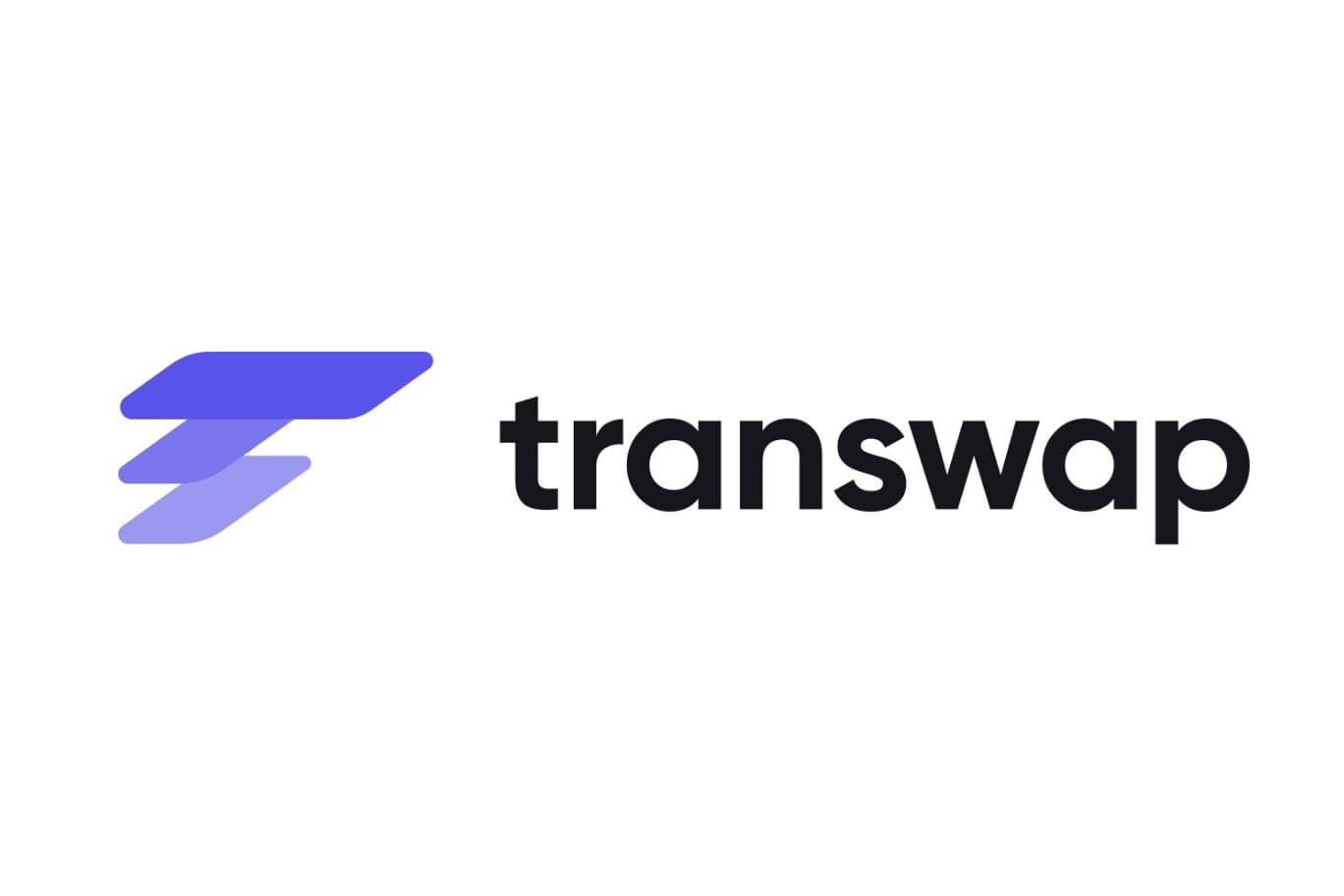
TranSwap, a fintech company which empowers global business growth by simplifying global payments and collections, has officially launched a new global Research and Development (R&D) centre at the University of Edinburgh. Located at Bayes Centre, the R&D centre aims to drive technology and market-led innovation in cross-border financial solutions, enabling TranSwap to strengthen its capabilities in fintech and expertise in AI-driven payment solutions. This global R&D centre follows the launch of TranSwap's new office in the UK.
Leveraging on the expertise of Bayes Centre, the School of Informatics and the Business School, the partnership between TranSwap and the University brings together world-leading data science and AI teams, industry experts, and innovation support professionals in the fields of computation, information and cognition. R&D and product innovation at Bayes Centre will focus on state-of-the-art methodologies in speech recognition, Natural Language Processing, 5G, blockchain, data analytics and machine learning -- accelerating TranSwap's capabilities to deliver a streamlined cross-border payment and collection experience. In addition, the partnership will help develop research talents and create new jobs at the Bayes Centre.
"Today's cross-border payments industry is at the centre of fintech innovation which has shaped competitive dynamics globally. New business models resulting from emerging technologies, digital transformation of payment methods and development through tech-enabled innovation are continuously disrupting cross-border payments, by optimising and automating the transaction process. Partnering with the University of Edinburgh to transform our current digital cross-border payments platform, will allow us to tap into emerging technologies such as NLP and 5G to speed up cross-border payments, sharpen our competitive edge and maximise profitability through enhanced fraud detection system, sentiment and risk analysis. TranSwap aims to become a cross-border payments, collections and financial solutions provider that serves as a touchstone for financial innovation in major global financial centres. Such innovations can unlock opportunities to drive consistency and provide a seamless cross-border payment experience," said Mr. Sanjay Rakshit, Head of Products and R&D of TranSwap.
Mr. Grant McKenzie, Director & UK Country Head of TranSwap, added: "TranSwap's R&D partnership with the University underlines our commitment to drive innovation in the payments industry. The University's research expertise, along with our design approach in our system architecture, platform development and interfaces, will help ensure a seamless user experience through our platform."
Related News
- 04:00 am
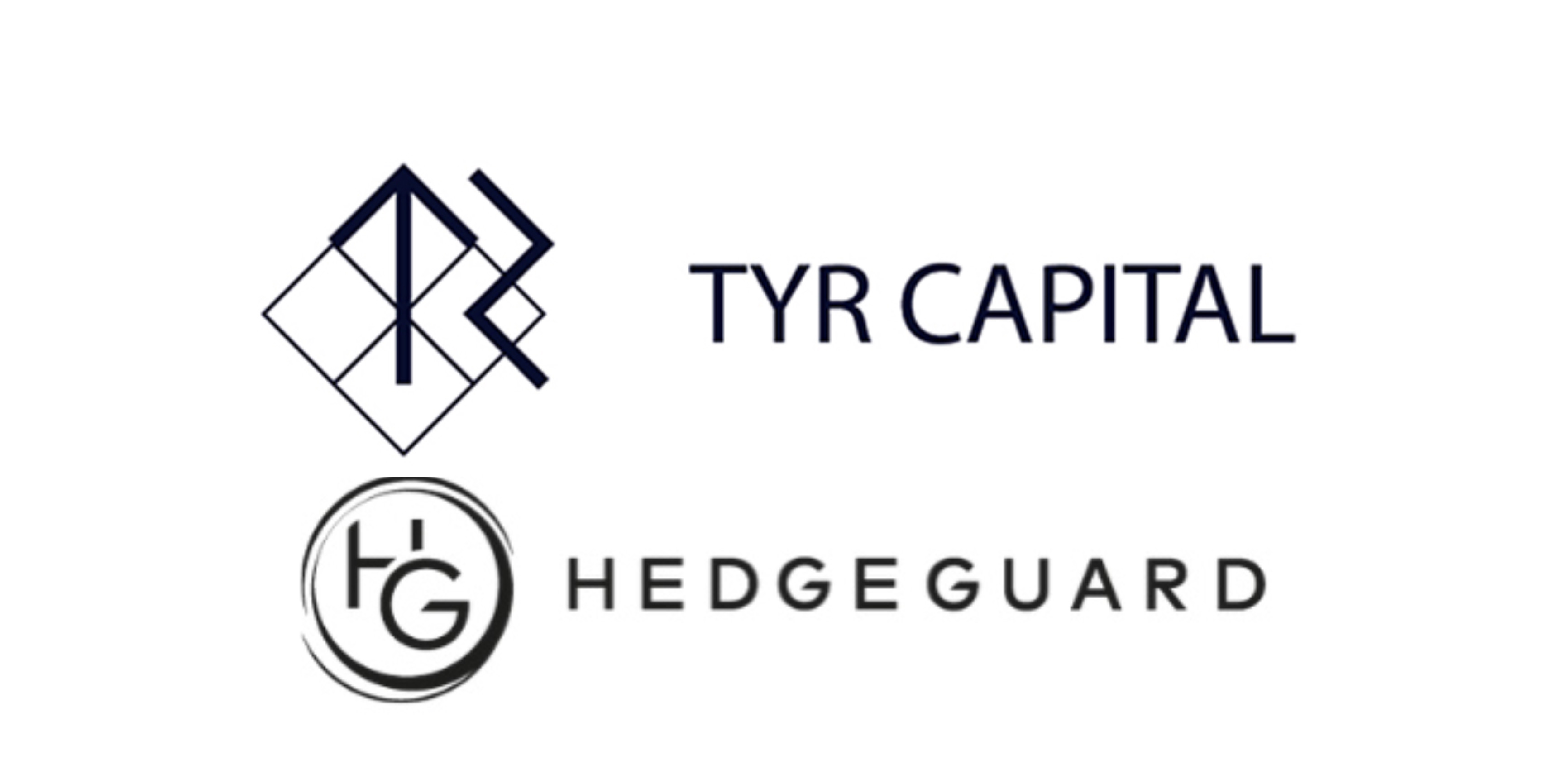
Leading cryptocurrency hedge fund, Tyr Capital Arbitrage SP, has teamed up with HedgeGuard, a provider of portfolio management software and services for traditional and crypto asset managers, to increase greater operational efficiency across its fund activities.
With HedgeGuard’s technology, Tyr Capital will have faster, more agile oversight across its order books, with seamless risk management and real-time tracking and reconciliation of fund positions. The technology easily integrates with third parties so that Tyr Capital’s activity across custodians, administrators, exchanges and wallets remains at its fingertips at all times.
Costs associated with operational management processes are a millstone around the neck of fund managers and clients. Day-to-day fund operations cost the industry approximately $130bn per year, globally, due to lack of transparency, poorly integrated software and problems with risk management and compliance. By making its operational systems cleaner and more efficient, Tyr Capital is significantly reducing costs, which can be passed on to its investors. The technology is already used by globally renowned hedge funds and traditional asset managers.
The integration with HedgeGuard is a pre-emptive step by Tyr Capital to address an increasing number of large institutional investors that are considering a move into digital assets.
Commenting on the selection of HedgeGuard, CEO of Tyr Capital, Nick Norris, said:
“Like many funds and large players, we believe increased institutional involvement will see the crypto market reach maturity. But there are fundamental inefficiencies that need to be addressed and one of those is managing operational processes. By integrating a front-to-back office system like HedgeGuard with our platform, we’re taking the financial headache of operational costs away – creating additional transparency and security whilst passing on savings to our investors.
“At Tyr Capital, we continue to deliver double digit returns with one of the industry’s best sharpe ratios. Now, by teaming up with HedgeGuard, we are pushing the boundaries of our performance even further. The barriers to mass institutional investment in crypto assets are coming down, and we look forward to a deeper collaboration to ultimately reinvent and rebuild the tangled plumbing of fund operations.”
HedgeGuard has said it expects to see the number of hedge funds active in the space to increase four-fold over the next three years.
Imad Warde, CEO of HedgeGuard, commented:
“We’ve been speaking with our traditional finance clients—big banks and institutions—and we can confidently say that there is an appetite for crypto as an investment when the time and infrastructure is right. That is the journey we are on and those of us who are already in the crypto assets space are working hard to rewire fund management systems to make managers’ lives easier and more profitable. Working with Tyr Capital gives us the insight of the high-performing professional trader, which is essential to fine tuning our offering.”
Related News
- 02:00 am

Quorsus, providers of consultancy services to financial institutions, has today announced its appointment of Andrew Pinnington as Director and Regulatory Reporting Subject Matter Expert. Andrew joins the consultancy from his previous role as Executive Director, Derivatives Regulatory Operations at Goldman Sachs International, and will be helping to lead Quorsus’ regulatory reporting practice.
Quorsus’ regulatory reporting practice provides specialised advice and insights across the post-trade technology, data, and compliance sectors while incorporating and shaping industry best practices. Andrew’s core responsibilities will be around leading the development of the regulatory reporting practice and serving as a trusted advisor in Quorsus’ ongoing and future client initiatives.
Carolyn Van den Daelen, Chief of Staff and Managing Partner, Quorsus said: “We are growing significantly at Quorsus, and essential to sustaining that healthy growth is making strategic hires who will lead our most important areas. As a financial services change expert with strong relationship building skills and multi-jurisdictional experience across the project lifecycle, Andrew is the perfect choice to help lead our high performing regulatory reporting practice.”
During his time at Goldman Sachs, Andrew managed the 30-strong European derivatives reporting team. In this role, Andrew’s organisational design and performance improvement skills played a crucial role, as he instigated a front to back review of the firm’s reporting obligations and subsequently significantly improved the accuracy and completeness of the firm’s reporting. Prior to his time at Goldman Sachs, Andrew was a consultant at challenger consultancy ElixIRR, in the Capital Markets Practice where he implemented EMIR at the original go-live in 2014, built a Dodd-Frank trading surveillance solution, and remediated historic MiFID transaction reporting issues.
Andrew Pinnington said: “I'm absolutely delighted to be joining Quorsus to lead the reporting practice at such an exciting time for the business. I've been following the company’s progress over the past year and couldn't help but be impressed by the quality of the team they have assembled. I'm really looking forward to working with our clients to address their most pressing challenges and deliver high quality, tangible outcomes”.
At Goldman Sachs, Andrew met regularly with European regulators to influence their oversight and suggest ways in which they can address ambiguity in regulations. He has participated in the FIA, ISDA and the RegTech Council industry steering groups, forming industry best practices, and shaping the future of financial regulation. His involvement at the RegTech Council is centred on driving innovation and solving complex regulatory challenges through machine learning, data modelling and other innovative technology solutions. Andrew holds a BA First Class Honours in Social and Political Sciences from University of Cambridge, Clare College.
Related News
- 01:00 am
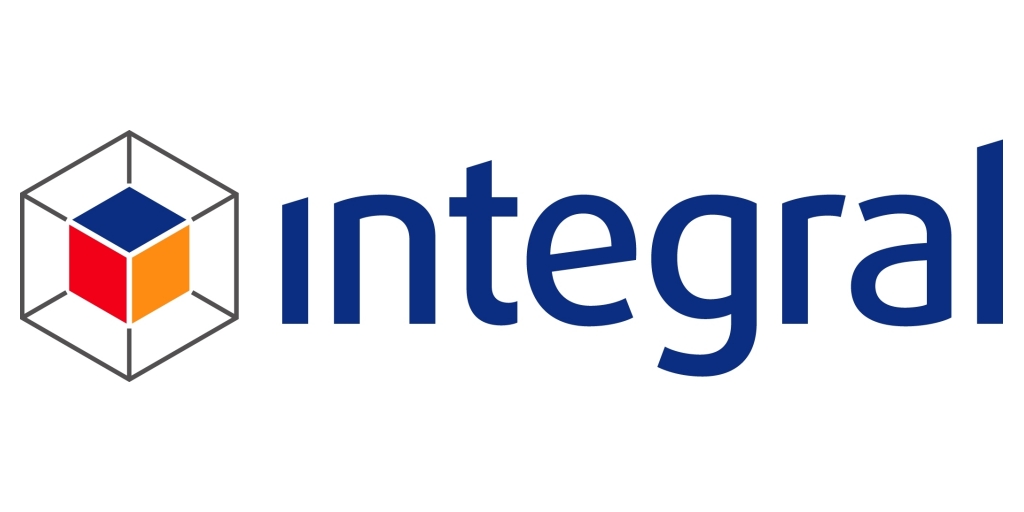
The $6 trillion foreign exchange (FX) industry is in the midst of a tech revolution, with cloud computing and trading technology upgrades set to become the sector’s major disruptors in 2021 and beyond, according to new independent research commissioned by Integral, a leading provider of FX SaaS technology solutions and trading platforms.
With continued levels of uncertainty in today’s remote working environment, respondents in a survey of heads of FX trading and senior FX managers at financial institutions1 across Europe, North America, and Asia Pacific said that cloud will make significant headway over the course of the next five years. Findings showed that 28% of respondents will operate their FX technology completely in the cloud within the next five years compared to the current figure of 2%. Further, an additional 41% will be using some combination of cloud and on-premise technology compared to 24% at present.
Findings also indicate multi-dealer platforms will see the biggest rise in usage compared to other trading channels in the next 12 months. An increased emphasis on relationship trading has also pushed API trading into focus for many, with 33% of respondents expecting this trading method to rise in popularity over the next 12 months. This interest in API trading underscores a trend toward institutions leveraging increased control over brand and distribution technology, while maintaining lower operational costs through outsourced FX technology. Respondents signalled the expected shift to cloud is driven by lower cost of technology, ease of integration, automation, ability to customize, and accessibility for distributed workforces.
Commenting on the findings, Harpal Sandhu, CEO of Integral said: “This past year has proven that the future of FX trading is highly dependent upon technology. It is no surprise that in the next five years cloud computing is projected to feature in the workflow of almost everyone surveyed. Looking ahead, we expect that the increased use of cloud will help market participants of all shapes and sizes perform their FX functions on a daily basis cheaper and more efficiently, and that time to market, customisation abilities and remote accessibility will continue to be necessary requirements of a sophisticated workflow.”
Related News
- 09:00 am
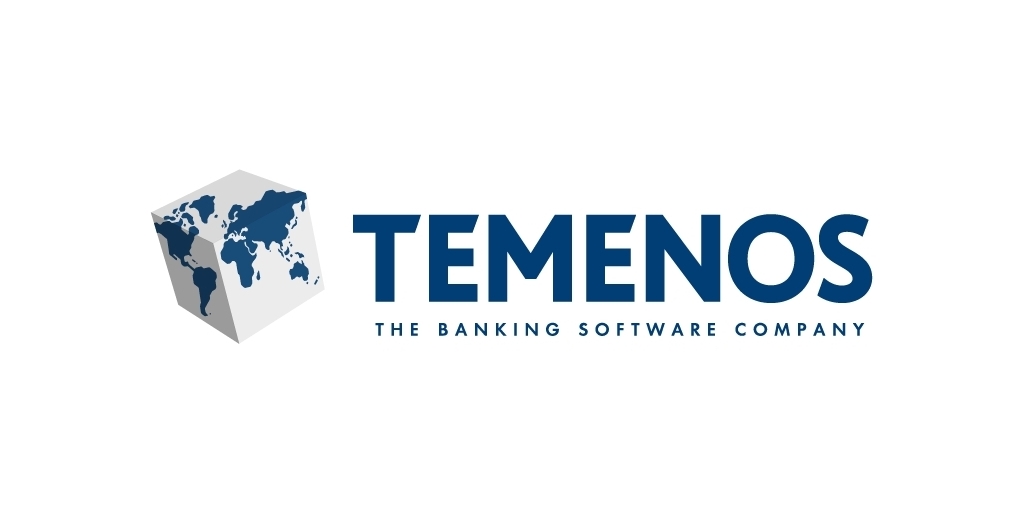
Temenos (SIX: TEMN), the banking software company, today announced that Croí Laighean Credit Union has selected Temenos front-to-back Software-as-a-Service (SaaS) to transform its digital banking. This strategic move from a legacy, on premise system to a community banking solution powered by Temenos SaaS will ensure that Croí Laighean has the technology it needs now and into the future to compete on a level playing field with the big banks and fintech challengers. For Croí Laighean, a strong community presence and the best in digital banking is a winning combination that will help the credit union to differentiate with a service that appeals to members and supports growth.
Paul Kennedy, CEO, Croí Laighean, commented: “We are delighted to partner with Temenos to transform our digital banking capability. The Temenos platform puts us on a par technologically with the world’s biggest banks. The move from on premise software to Temenos SaaS was a strategic decision that will set us up for success long into the future. We are already well on the way to transitioning to the new system and look forward to launching new products and experiences for the benefit of our members this year.”
David Macdonald, President of Europe, Temenos, said: “We are proud to welcome Croí Laighean to the growing community of credit unions choosing Temenos SaaS to accelerate their digital ambitions and attract a new generation of members. The flexible deployment capabilities of our community banking solution is ideal for the credit unions in Ireland, delivering the opportunity for a fully managed service that is secure, resilient and future-proof. This is a big step forward for Croí Laighean and the start of an exciting journey for its members.”
Hosted on Microsoft Azure in Microsoft’s Dublin data center, the service is already in use by a number of other credit unions in Ireland, including Capital Credit Union, Credit Union Plus and Tullamore Credit Union.
Temenos’ community banking solution offers pre-packaged, front-to-back credit union products, processes and channels, all built on modern cloud-native and API-first technology. It gives Croí Laighean the capability to offer outstanding digital member experiences, bring new products to market faster and achieve efficiencies through increased automation and digitization of processes. Delivered as SaaS, Croí Laighean is always up-to-date with the latest in digital banking technology without the cost and risk of maintaining on premises systems.
The Covid-19 pandemic has accelerated the shift towards digital banking and Temenos SaaS will help Croí Laighean to provide more member-friendly services, more efficiently, via mobile app on online. Before the pandemic, 60% of Croí Laighean members’ weekly transactions were in branch compared to 40% via digital channels. By the start of 2021, the proportion of weekly transactions via digital had increased to over 80% and this is trend is only expected to continue.
Related News
- 07:00 am

DASH Regulatory Technologies – the regtech-focused affiliate of U.S. options technology and execution services provider DASH Financial Technologies – today announced that its SaaS-based DASH 360R platform has received its SOC 1 Type II attestation.
The SOC 1 Type II (System and Organization Controls) audit of DASH 360R was completed by a “Big Four” global accounting firm under the attestation standards established by the American Institute of Certified Public Accountants (AICPA).
DASH 360R is the next-generation of the industry-leading LDB platform, which scores of broker-dealers depend on for U.S. regulatory capital calculation and reporting compliance. DASH Regulatory Technologies undertook the SOC 1 Type II process to specifically address the needs of DASH 360R customers and their auditors who rely on the effectiveness of DASH 360R controls as they review the user entity’s financial reporting. The assessment covers the web-based 360R system as well as the information technology general controls over the following calculation modules that generate key inputs to various regulatory reports: Risk Based Haircut, Fixed Income Haircut, Repurchase/Reverse Repurchase, Stock Borrow/Loan, Risk Based Margin, Option Margin Optimizer, Security Allocation Information Engine and the Supplemental Inventory Schedule System.
In the U.S., broker-dealers are required by the SEC and FINRA to maintain specified levels of capital, and to be able to demonstrate moment-to-moment compliance with the SEC Net Capital Rule. In order to do so, brokers must have the ability to calculate, on an intra-day basis, their capital charges, which can be an extremely complex process. DASH 360R completely automates the calculation and reporting process around these regulations as well as any firm-specific requirements, easing one of the most significant back-office operational challenges faced by brokers and clearing firms.
Commenting on the SOC 1 Type II certification, Venu Palaparthi, DASH Regulatory Technologies’ Managing Director, said: “Following the acquisition of LDB Consulting in 2017, DASH made a strong commitment to updating and modernizing the LDB system. In furtherance of that objective, we implemented the cloud-enabled DASH 360R version, which can be accessed via the web. During 2020, the pandemic-induced remote work environment provided an impetus for adoption of the 360R suite. Simultaneously, we doubled down on our investment in DASH 360R by embarking on a SOC 1 Type II independent attestation. We are confident that the in-depth SOC 1 Type II attestation provides additional comfort to our users regarding the effectiveness of our controls, quality of our calculations and the security of user information within 360R and builds on the trust that our customers place in the calculations.”
Related News
- 06:00 am

Klarna, the leading global payments and shopping service, has launched an Influencer Council in order to develop a best practice guide for influencers and brands advertising online and to help shape responsible marketing practices for the financial services sector, as more people look online for financial guidance.
The constantly evolving nature and popularity of different online platforms means that existing Advertising Standard Authority (ASA) guidelines are increasingly open to interpretation. As a result, influencers, brands and platforms can unwittingly fall foul of the regulations. Guided by experts from influencers, financial literacy platforms, retailers and policy leaders, the Council aims to deliver clarity for consumers, brands, influencers and advertising bodies regarding what is acceptable and what is not when it comes to advertising financial products and services.
As part of the Council, Klarna commissioned nationwide research from Censuswide to understand consumer attitudes on money management, and how consumers engage with financial guidance from influencers.
The research revealed that more and more Brits are turning to influencers for financial guidance. Just under a third (30%) of consumers who have seen an influencer or a celebrity giving financial guidance have acted upon it, rising to 53% when Gen-Z (those aged between 16 and 24) were asked.
However, only a quarter (27%) of the UK say that they understand the purpose of #ad, #affiliate and/or #gifted references on influencers’ posts. Worryingly, of those who said they understood the purpose of #ad, #affiliate, and/or #gifted on an influencer’s post, nearly half (46%) actually didn’t know that #ad meant an influencer had been paid by a company to promote a product or a service.
The Council will seek to provide input from those with direct experience as to how guidelines can and should be interpreted on a practical basis in order to best serve consumers - offering an insider perspective from a variety of parties on the current guidelines, as the market continues to evolve and change. The first meeting is set to take place 11th March 2021.
The Council will be chaired by presenter and social media expert, Christian Howes. Other panel members include retailer PrettyLittleThing; Rupa Shah, Founder & Director of Hashtag Ad Consulting; Clare Seal, Creator of My Frugal Year, founder of The Financial Wellbeing Forum and author.; Joel Gladwin, Head of Policy at Coadec; Kia Commodore, founder of financial literacy platform, Pennies To Pounds; Youtuber and Blogger Amelia Liana; psychotherapist and author Owen O’Kane; Lian Hirst, Founder of PR & Digital agency TRACE Publicity and AJ Coyne, Head of Marketing at Klarna.
Klarna and the Influencer Council hope to develop a Whitepaper of guidelines for influencers and financial services brands, a user-friendly toolkit for brands and influencers and assets for use on Instagram and other platforms, which will be widely available following the Council meetings.
On the launch, Christian Howes, Chair of the Influencer Council said: “I am delighted to be appointed Chair of Klarna’s Influencer Council. Transparency and consumer protection are the foremost priorities for all our Council members and with such a diverse panel, I’m confident that through this Council, we will be able to provide better, clearer and actionable guidance for everyone to use across all social media platforms.”
AJ Coyne, Head of UK Marketing at Klarna said: “As more Brits turn to influencers for financial guidance, it’s never been more important to drive true clarity on advertising standards so that consumers fully understand how to manage their money.
Following the ASA’s ruling in December on four social media posts we commissioned, we reflected on our practices. This is why we set out on a mission to create an Influencer Council to better understand how guidelines are implemented and to develop proposals so all parties can act correctly and responsibly. This is an issue that cuts across brands and sectors - we are looking forward to the discussions ahead and sharing the outcomes with all our influencers and retail partners.”
Related News
- 04:00 am

Ethoca, a Mastercard company, is leveraging an industry-leading network, collaborative technologies, and deep relationships with payments stakeholders around the world to help businesses satisfy the growing demand for improved digital experiences. With its newly introduced Consumer Clarity™ solution (formerly Eliminator), Ethoca not only delivers greater transparency and trust into what consumers have bought, but helps businesses better connect with customers via one of their most trusted and highly frequented channels – their digital banking applications.
The way that consumers shop, pay and bank is changing dramatically. Accelerated by the COVID-19 pandemic, consumers are adopting new digital habits at a faster pace than ever before. In the first two months of the pandemic alone, global ecommerce spending surged by USD $53 Billion and consumers came to rely increasingly on digital banking channels to review their purchases and track spending. Unfortunately, according to recent research 77% of surveyed consumers report that they’re often unable to recognize transactions in their online statements, and 96% want more detailed information available in their digital banking application to help understand what they bought.
To alleviate this frustration, and cater to increasingly digital lives, Ethoca has introduced the new evolution of its award-winning Eliminator solution. Consumer Clarity™ provides rich merchant and purchase information (such as easy-to-recognize merchant names and logos, purchase location details, and itemized digital receipts) to cardholders and financial institution call center and back office staff. Delivered on-demand through secure and trusted banking channels, this enhanced information helps to significantly reduce unnecessary disputes and costly chargebacks caused by transaction confusion.
Beyond dispute prevention, Consumer Clarity™ empowers businesses to optimize their digital offerings. For financial institutions, this means adding new features and services that improve their cardholders’ experience while using their digital banking applications and encourages them to spend more time engaged with them. For merchants, this means new channels for them to connect with customers – increasing their brand presence.
Leveraging the scale of Mastercard’s global payment network, Consumer Clarity™ currently provides enriched transaction information from 145+ million merchant locations spanning 200+ countries. Combined with a growing list of digital receipt participants this provides businesses the opportunity to make a wide range of experience and cost-saving improvements.
Financial institution benefits:
- Enhance cardholder experience by offering exciting new features and services that increase engagement in digital banking applications and helps to differentiate from competitors. This includes merchant name & logo, purchase location, itemized digital receipts and more.
- Reduce costs by proving on-demand transaction information that can significantly decrease the number of unnecessary disputes and chargebacks caused by transaction confusion.
Merchant benefits:
- Connect directly with customers to resolve disputes, rather than through the expensive and time-consuming chargeback process.
- Provide a greater level of purchase information that helps to reduce ‘friendly fraud’ caused by transaction confusion.
- Increase brand presence in your customers’ trusted digital banking applications by embedding your logo, contact information and more.
To reveal more about how this solution works, Ethoca is hosting a virtual product walkthrough that provides an in-depth look at Consumer Clarity™ and how it benefits businesses and consumers alike. To register, visit https://hs.ethoca.com/ccwebinars
“From day one our mission has been to enhance the consumer experience by improving communication between all payment stakeholders and reducing the need for inefficient systems like the chargeback process. In today’s increasingly virtual world, this is more important than ever,” said Andre Edelbrock, Ethoca’s co-founder and now Executive Vice President, Security & Cyber Innovation at Mastercard. “Consumer Clarity™ is the next step in this mission. As the name suggests, it puts the needs of consumers first to solve for one of the biggest problems in digital commerce and banking today – a lack of purchase transparency.”
The introduction of Consumer Clarity™ is part of ongoing Ethoca and Mastercard efforts to facilitate and accommodate the increasing shift to everything digital. This includes a complimentary service that allows merchants to have their logos inserted into digital banking applications in order to eliminate transaction confusion, new enhanced contactless specifications that provide next-generation capabilities for advanced protection and convenience, and the creation of the Mastercard Trust Center – a resource that provides small businesses free online access to trusted cybersecurity research, education, resources and tools.
Related News
- 01:00 am

New market research from leading digital services and software company TietoEVRY shows that UK and European consumers are concerned about infection risk when paying in-store, with worries about theft and fraud growing as contactless limits rise. In a new white paper TietoEVRY argues that now’s the time to introduce biometric security on contactless cards.
Conducted by Zwipe on behalf of TietoEVRY during COVID-19’s “second wave” across Europe in January 2021, the research found that 83% of UK consumers are concerned about infection risk when it comes to shopping and paying in-store. The research also shows more than half (55.3%) of consumers are concerned about the safety of their payment cards as transaction limits increase.
Steve Warner, Sales Director for the UK and Ireland at TietoEVRY, said: “With the new proposed limit of £100 (€110) per transaction in the UK from 6th April 2021, it becomes possible for thieves to spend significant sums of money on unprotected contactless cards, even if theft is reported quickly. This is a real concern, and card issuing banks must act now to ensure contactless transactions remain safe and bolster consumer confidence.”
TietoEVRY’s research confirms that contactless payments have become the habitual choice of 78.3% of UK consumers, with fully 90% having used contactless at some point in the last three months. This compares to 2019 information from UK Finance stating that 60% of UK adults used contactless, demonstrating how fast contactless transactions have become the norm. Other leading European markets have shown a similar shift, with contactless used by 72% of Swedish consumers and 77% of Norwegians as of January 2021.
“Our research shows just one in four UK citizens believe the current situation is sustainable”, Warner continued. “At the same time, though few are aware of biometric cards, 80% of UK consumers are telling us they want a biometric security factor on their next payment card – and more than half of them are willing to pay for it. With recent surveys telling us that one in five Brits would move bank for better services, now’s the time for banks to claim competitive advantage by offering biometric cards.”
The research reveals just under half of UK consumers (49%) would switch banks to get hold of a biometric payment card, with around half of consumers in Sweden and Norway willing to make a similar switch.
Download the white paper for more information https://www.tietoevry.com/en/campaigns/2021/biometric-cards-whitepaper/. Please also see the attached PDF's for biometric study and executive summary.
Related News
- 08:00 am
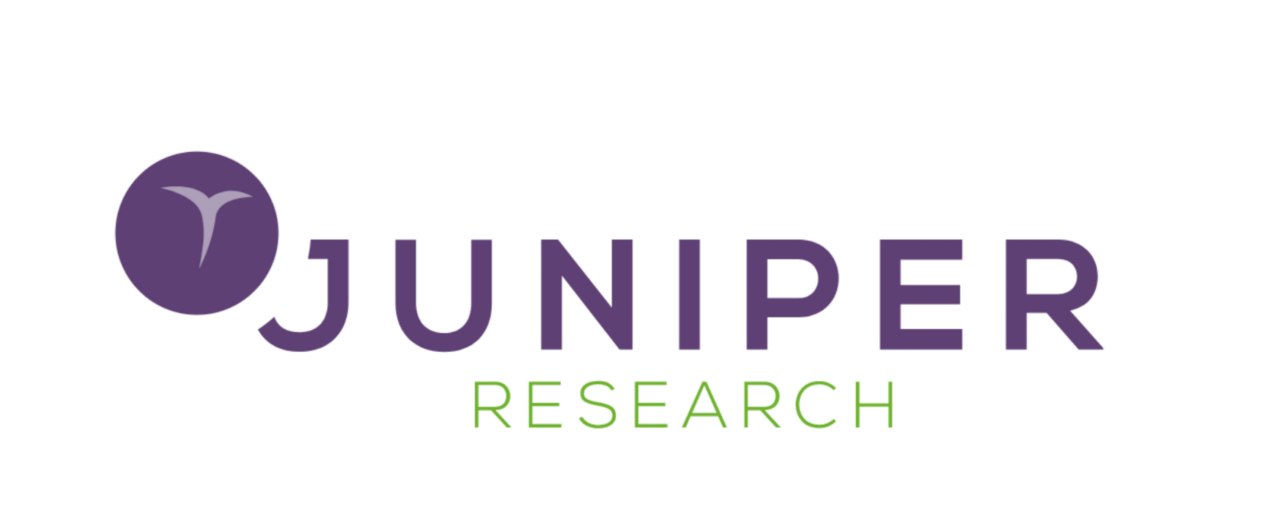
A new study by Juniper Research has found the total value of premiums generated by insurtech platforms – platforms with technology supporting insurance at the heart of their design – will exceed $556 billion in 2025, from $250 billion in 2020; growing by 123%. It predicts that insurers in the motor, life, home and health industries risk becoming less attractive to potential customers if they fail to capitalise on the benefits that AI underwriting systems bring.
The report identified that weakened customer loyalty, and the driving down of premiums by increased competition and the shift to digital will cause seismic change in insurance over the next five years. It recommends that large insurers focus on using insurtech solutions to improve customer interactions by creating data-driven models, or lose market share to newer, digitally-native vendors.
For more insights, download the free whitepaper: Insurtech: The New Insurance Model
Largest Insurers Ranked on Insurtech Readiness
The new research, Insurtech: Segment Analysis, Market Evolution & Forecasts 2021-2025, ranked 20 of the largest traditional insurance providers on insurtech innovation, investment and adoption. The top 5 leading vendors were found to be:
- Ping An
- Axa
- Munich Re
- Humana
- Allianz
These vendors have developed strategies for leveraging insurtech for their business models and to digitally transform; providing examples of how traditional insurers should capitalise on insurtech. Ping An is set to invest $1 billion per year in insurtech, demonstrating commitment to the approach.
Health Insurance Premiums Underwritten by Insurtech to Accelerate
The research found that insurtech will affect health insurance strongly, with the value of premiums underwritten by insurtech growing by over 1,000% between 2020 and 2025; exceeding $95 billion globally in 2025. The research identified the ability to collect and use customer data through wearables, API calls to electronic health records and digital therapeutics as critical to driving digital transformation. The research recommends that health insurers redesign their user experience to be digital first, to increase user engagement and loyalty.
Whitepaper Download: https://www.juniperresearch.com/document-library/white-papers/insurtech-the-new-insurance-model
Insurtech market research: https://www.juniperresearch.com/researchstore/fintech-payments/insurtech-research-report
Juniper Research provides research and analytical services to the global hi-tech communications sector; providing consultancy, analyst reports and industry commentary.









